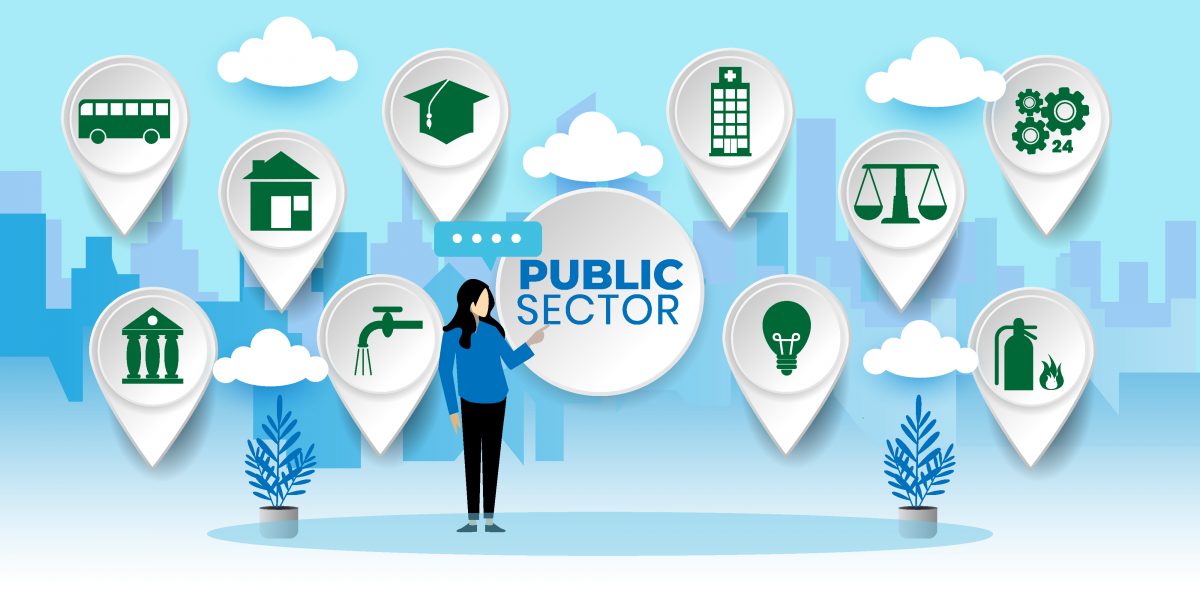"To enhance e-Government services to the citizens, technology service providers need to engage meaningfully with the Federal Government. Unfortunately, that is not happening in Nigeria" - that was the takeaway from the 2021 Nigeria e-Government Summit that ended in Lagos, reports This Day, Nigeria's leading English Daily.
Agencies such as the Federal Inland Revenue Service (FIRS), the Nigerian Communications Commission (NCC), the National Information Technology Development Agency (NITDA) and other stakeholders participated in the submit.
In his opening remarks, Mr Lanre Ajayi opined that technology service providers were not engaging the government enough and were not coming up with adequate technology solutions to enhance e-government services to the citizens. Mr Ajayi is the Executive Chairman of DigiServe Network Services, organisers of the summit.
"Citizens are not getting quality service from government because technologies are not efficiently deployed in government service deliveries. In order to bridge the gap, DigiServe decided to use its e-Government Summit platform to bring together, government and technology services providers to share experience on the way forward," Mr Ajai said.
"The path to successful implementation of e-government is complex, sometimes requiring legislative support, effective design of administrative and technical procedures, and extensive consultation processes with key stakeholders.," Muhammad Nami, the Executive Chairman, FIRS, said in his keynote address. He is also the Chairman of the Joint Tax Board (JTB).
"Technology remained a key enabler and the cornerstone of any nation's development, thus providing enormous opportunities for e-government service deliveries. FIRS is ready to partner with Ministries, Departments and Agencies; Technology Companies and Multinational Organisations and other stakeholders, for e-government initiatives that will increase tax compliance, increase revenue generation and accelerate Nigeria's economic growth." Mr Nami added.
He, however, listed some of the challenges to technology adoption by the government to include:
-
Implementation of legislation to support the MDAs in achieving their target.
-
Multiple vendors and systems.
-
High cost of technology adoption and
-
Internal resistance to change, among others.
"The Nigerian Communications Commission (NCC) has been working assiduously with all stakeholders to deepen penetration of broadband infrastructure and services. Governments would function more effectively through the adoption of ICT, that would lead to the provision of speedy access to automated services to make public welfare services available to all citizens. It will support the growth of e-governance and other critical digital economy objectives throughout Nigeria," Prof. Umar Garba Danbatta, Executive Vice Chairman of NCC, said.
NITDA could develop several policies and frameworks driven by technology to connect Nigerian citizens to enhance e-government service delivery seamlessly, hoped Kashifu Inuwa Abdullahi, Director-General of NITDA.
He said NITDA would continue to develop ideas that would not stifle regulation of the ICT sector. According to him, NITDA would continue to reduce the cost of technology deployment in the country, primarily as it affects the price of Right of Ways (RoWs) in service delivery.
Different panel sessions discussed the summit's theme: 'e-Government Adoption in Nigeria: Opportunities and Challenges,' to proffer solutions and bridge the existing gap between government and technology service providers.
Source: Stakeholders Urge FG to Engage Technology Service Providers to Boost e-Governanc






Comments